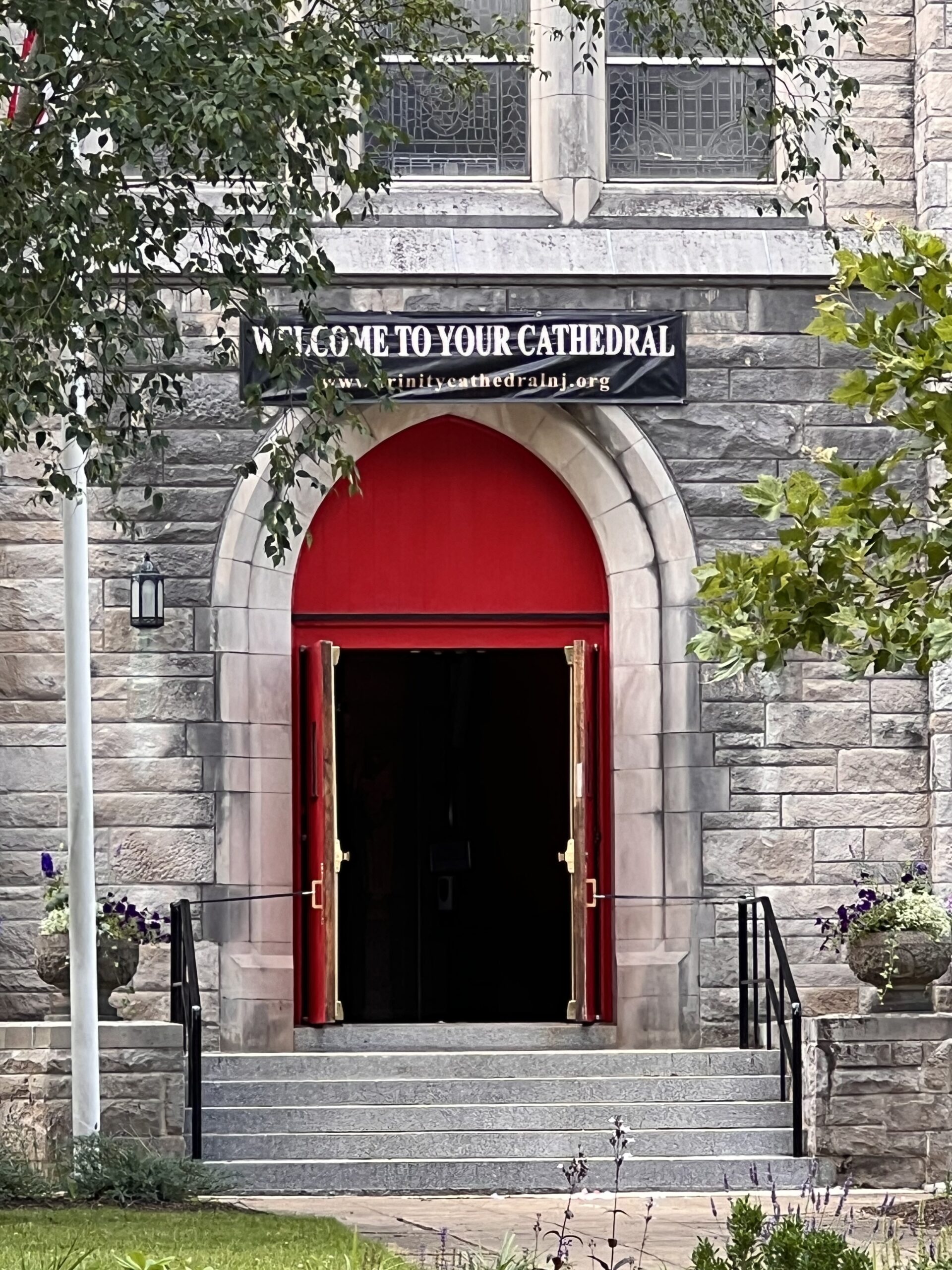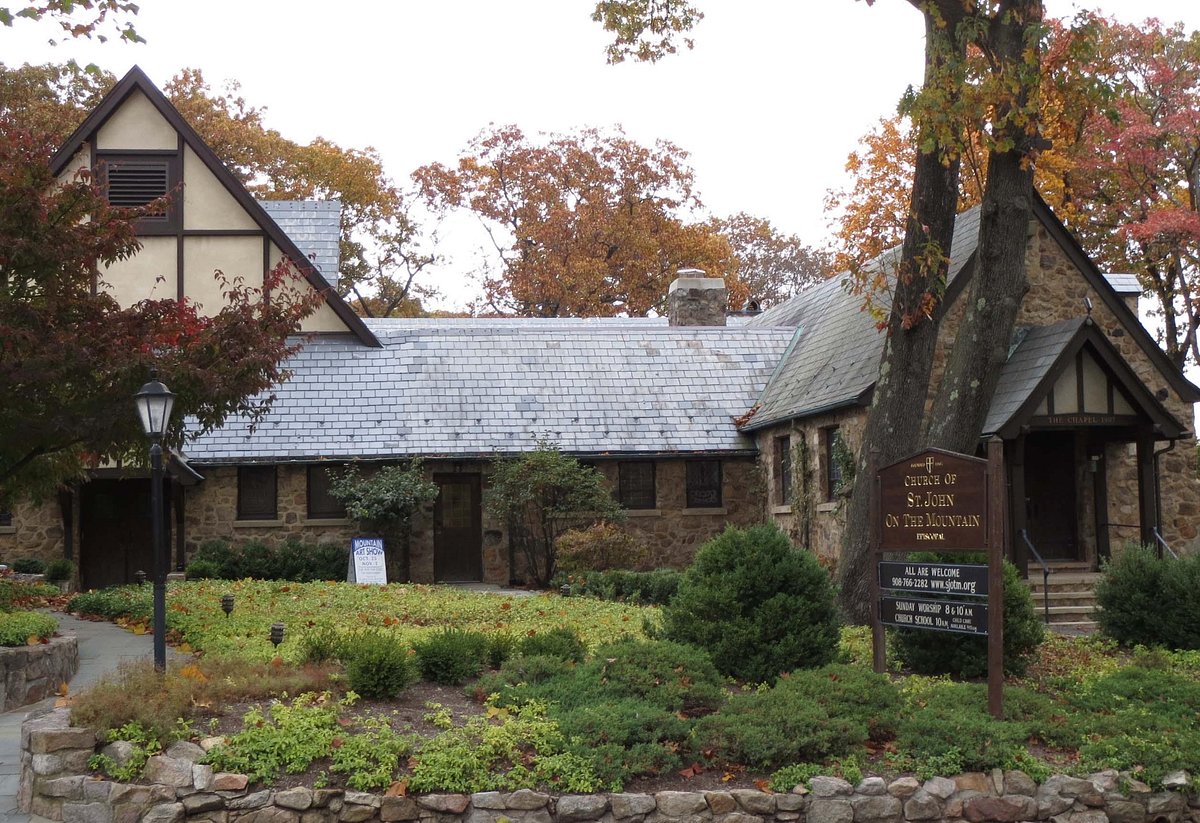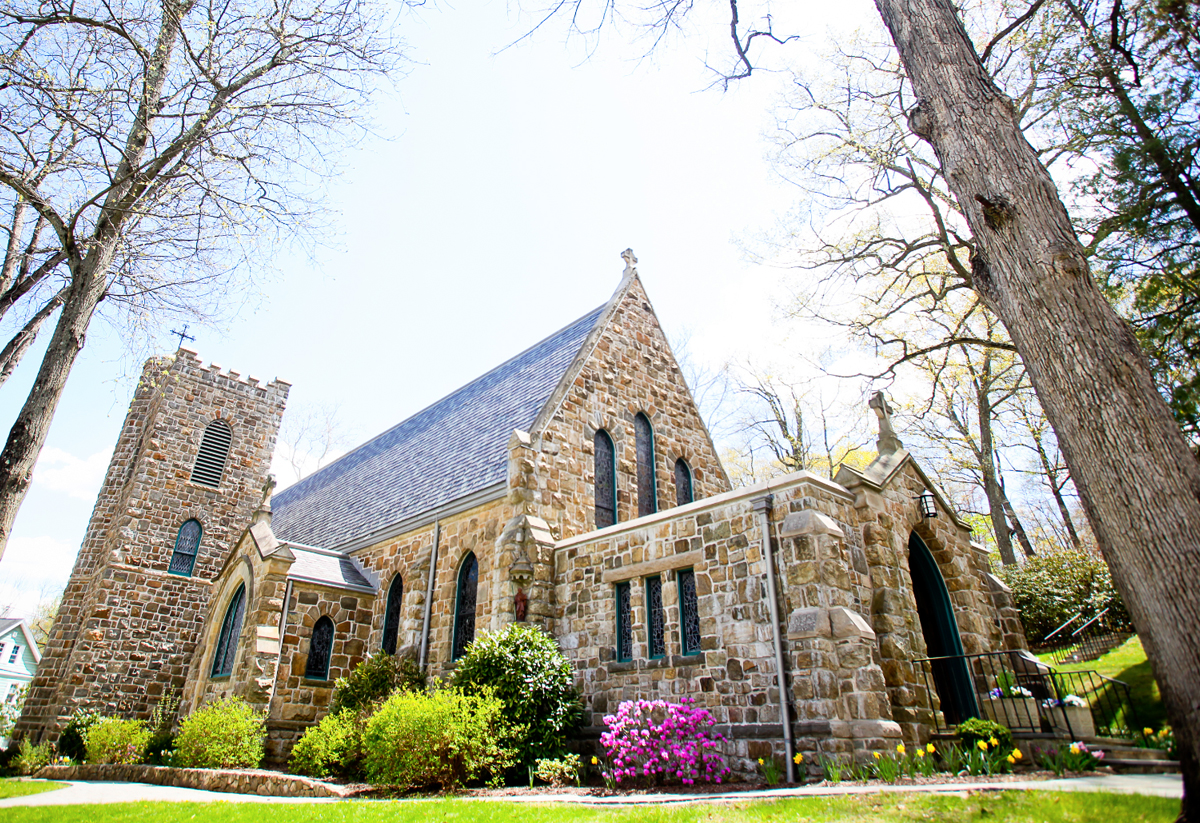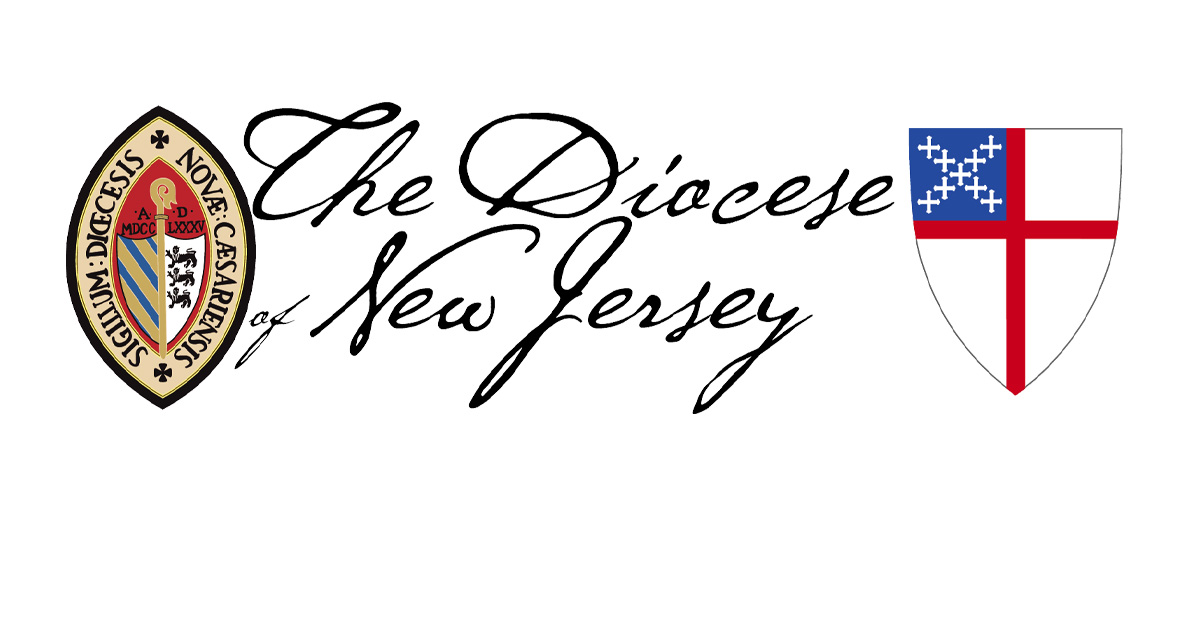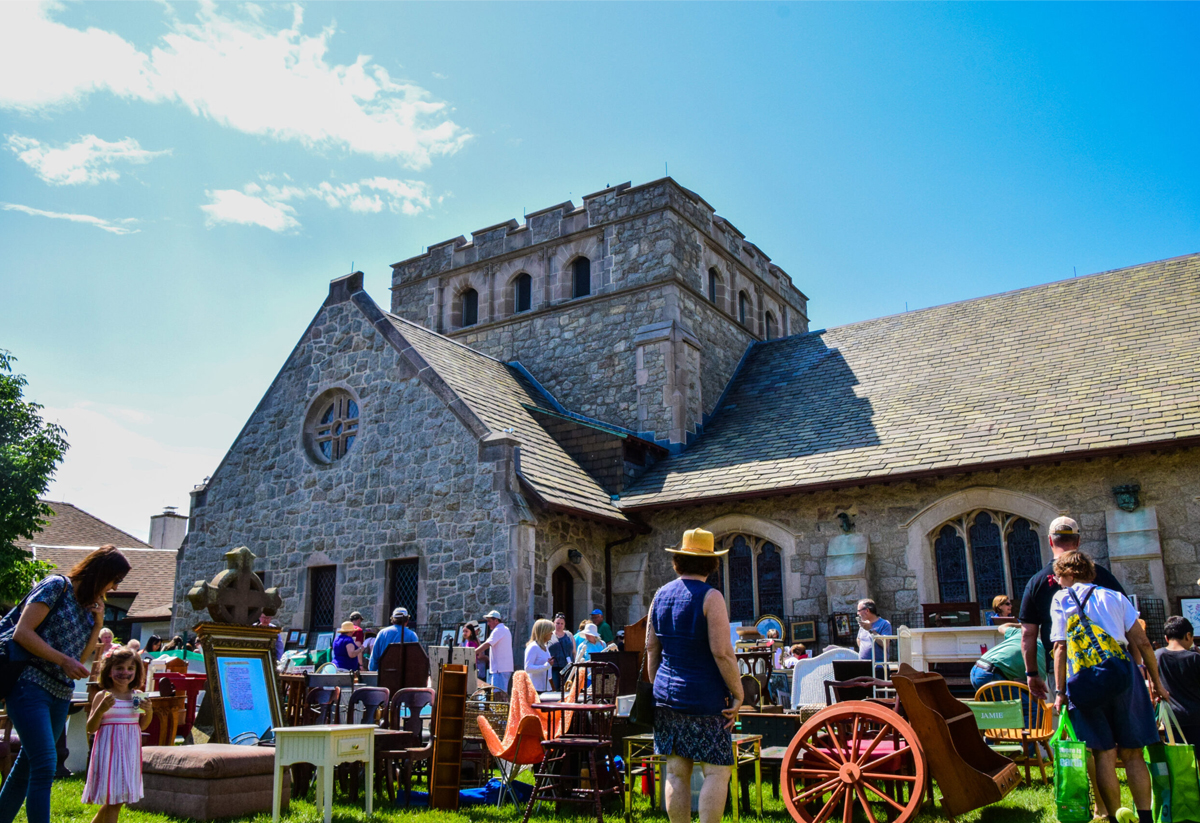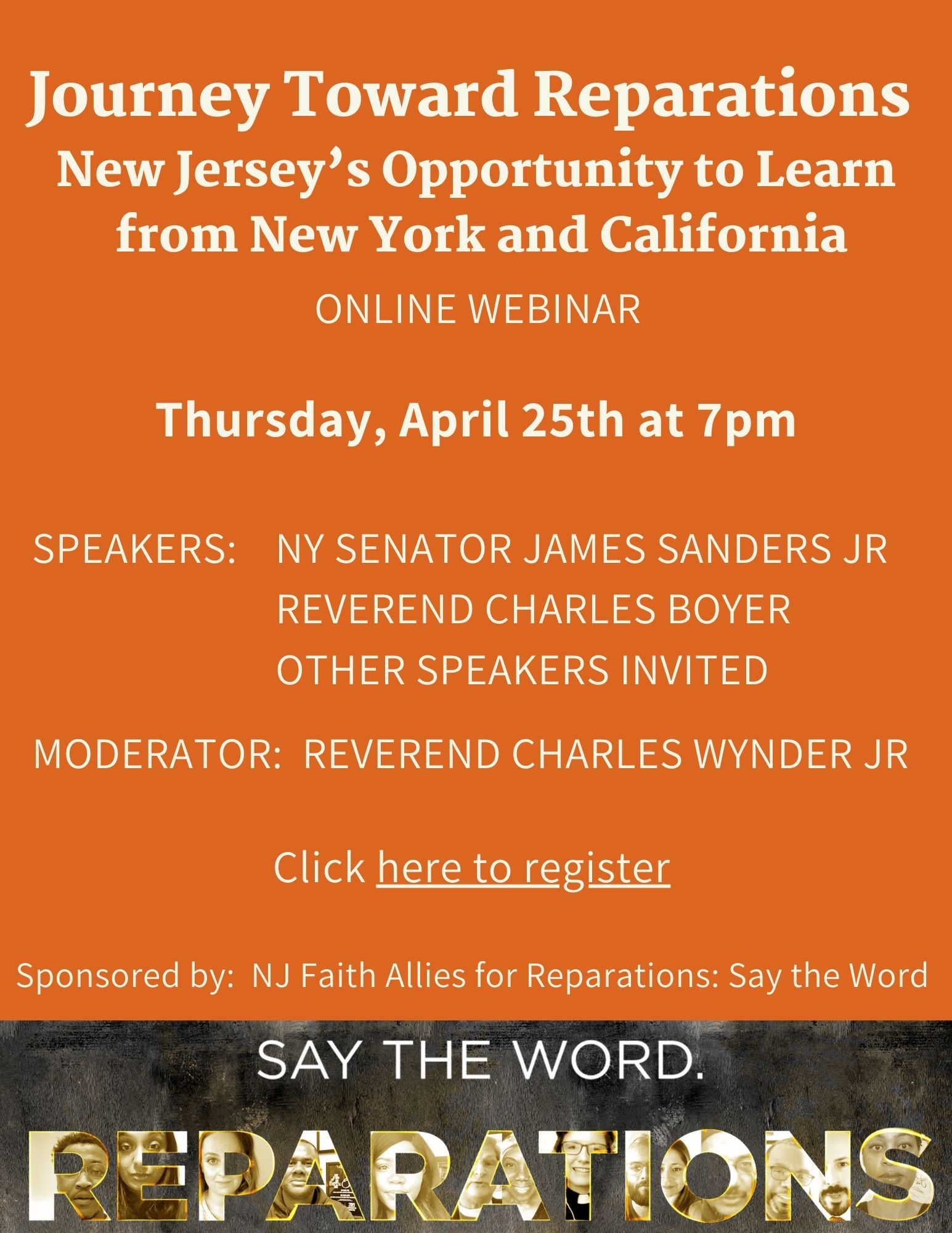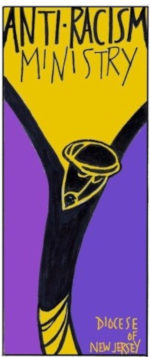
Last week, I had hoped to write another profile of a fellow member from the Anti-Racism Commission, but I came down with COVID instead. Thoroughly recovered and transcribing my notes, I realized that perhaps the most powerful thing I can offer is an unfiltered reminiscence from a recent conversation. It speaks to a lot of what is going on today, even as it describes a situation from more than 50 years ago.
“Most of my life, I had built up the White part of my identity, because that was acceptable, even though I knew I was different. My mother is Japanese, and my father was Welsh, English. He was a missionary in Japan. He met the daughter of a Japanese Anglican priest and they got married. In 1959, after the passage of the Immigration and Nationality Act of 1952, also known as the McCarran–Walter Act, my parents decided it would be better that my sister and I grow up in the USA rather than in Japan—particularly for me, because I looked White. From a very young age, I could see that it was better to be White than to be ‘yellow.’ So, I came to the U.S. at 5 years old, and I knew, pretty immediately, that it was a better survival strategy to pass as White. However, some of my friends’ parents, particularly their fathers who were Pacific World War II veterans, got really angry at me, because they said that I should have told them in advance that I was Japanese. They assumed that I was, you know, American—that is, White. They got pissed because I didn’t tell them that I was Asian. Once they knew who my mother was; two fathers told me that I needed to be more “forward about my Japanese-ness.”
“How old were you when you had these conversations with them?” I asked.
“Five or six years old,” was the answer.
The Anti-Racism Commission invites you to join us at our next training on Zoom, which begins July 29. To learn more, click here.
Our next session begins July 29. Click here to learn more.


